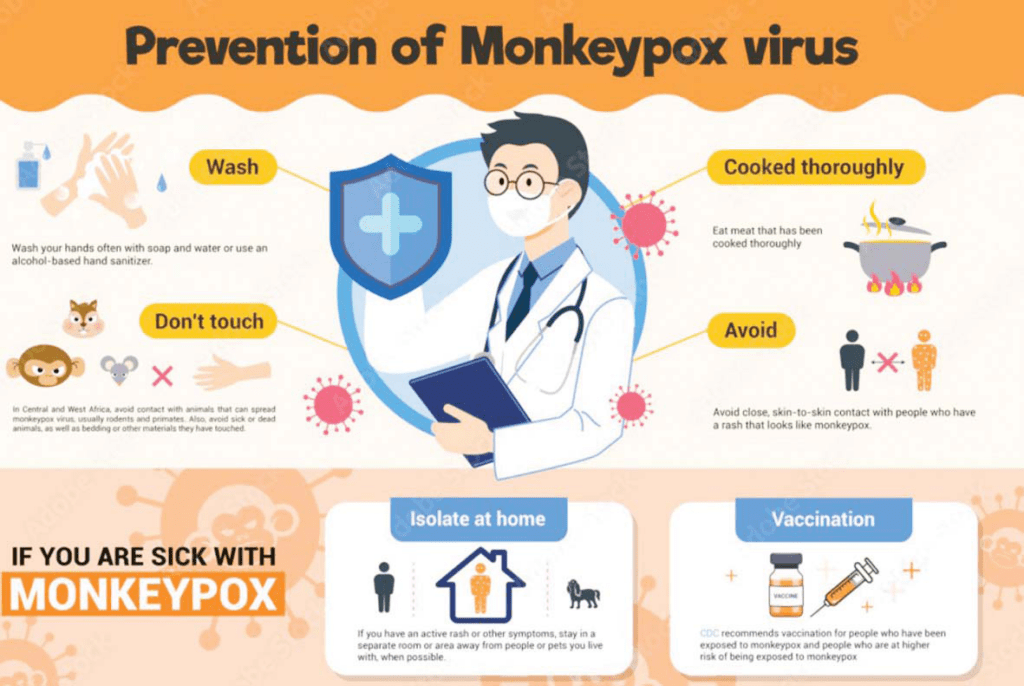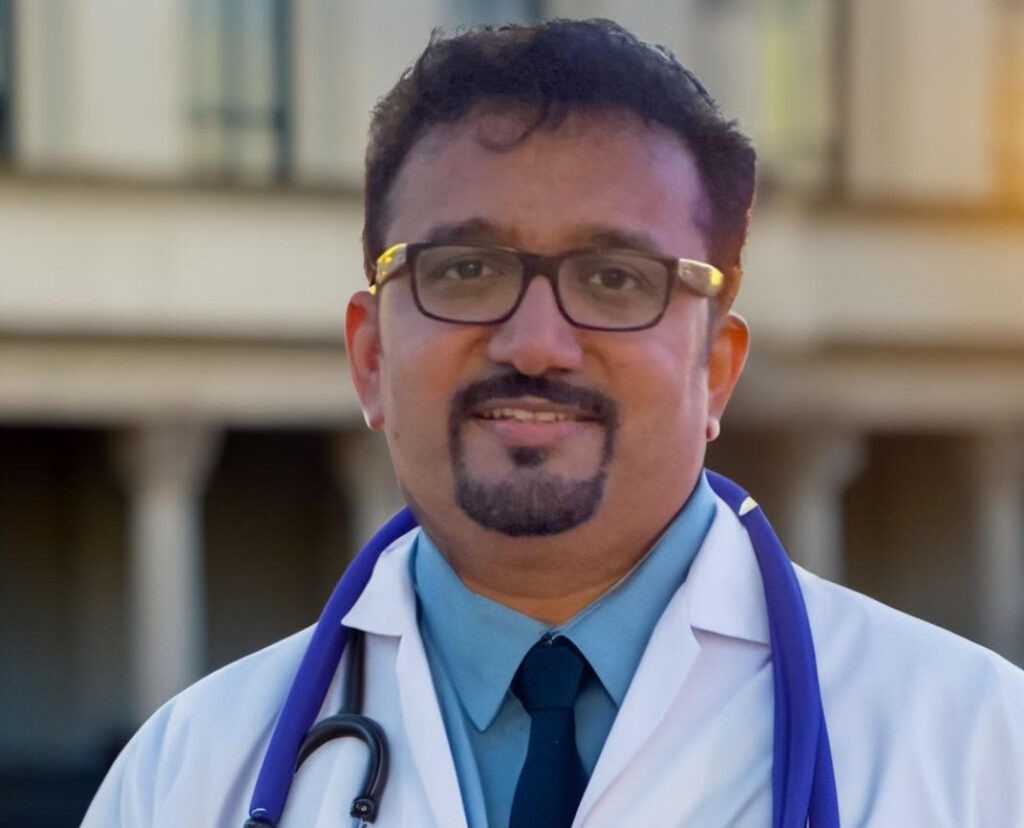20/08/2024
20/08/2024

KUWAIT CITY, Aug 20: In an exclusive interview with Dr. Rajesh Rajan, a senior cardiologist, insightful directions were shared regarding mpox. Dr. Rajan highlighted the potential risks associated with these mpox outbreaks as indicated by the published scientific data in the journal The Lancet. On Aug 13, 2024, the Africa Centre for Disease Control and Prevention (Africa CDC) made a significant announcement by classifying mpox (formerly known as monkeypox) as a public health emergency of continental security.

Dr. Rajesh Rajan is a renowned Indian Cardiologist at Amiri Hospital in Kuwait and holds prestigious positions as the current President of the Association of MD Physicians, Chairman BOG Indian Association of Clinical Cardiologists and the Managing Editor of the esteemed Annals of Clinical Cardiology Journal by Wolters Kluwer. His contributions to the medical community are highly regarded, and he has been honored with Fellowships from esteemed institutions such as the Royal College of London, Edinburgh, Ireland, and Glasgow. Dr. Rajan’s expertise and commitment to cardiovascular health are evident through his groundbreaking research and recognition as a Fellow of the American College of Cardiology, the European Society of Cardiology, the American Society of Echocardiography, and the American Heart Association.
The World Health Organization (WHO) promptly echoed this sentiment, labeling it a public health emergency of international concern. These actions highlight the critical need for swift intervention as mpox cases rise across Africa and other regions. At present, confirmed mpox cases have been identified in over 122 African countries, with a particularly alarming increase among children. The first reported case of the clade 1 variant outside Africa occurred in Sweden, indicating that the risk transcends the continent. The ongoing outbreak in the Democratic Republic of Congo (DR Congo) is especially concerning, with more than 15,000 reported cases and over 500 deaths in 2024 alone. Notably, a troubling proportion of these cases involves children, with over 68% of suspected cases and 85% of fatalities in DR Congo affecting individuals under 15 years old. As the global health community confronts this escalating challenge, a just and proactive response is crucial.
It is imperative for governments and health organizations to take swift measures rather than waiting for the situation to worsen in affluent nations. Collaborative efforts are essential to mitigate the outbreak, particularly in the regions most affected. While the WHO’s guidance is vital, regional organizations such as the Africa CDC and the African Union also have important roles to play. Recently, the African Union pledged $10 million to support the Africa CDC’s efforts against mpox, which will be instrumental in improving surveillance, data collection, case management, and community outreach in the affected areas. Gavi, the vaccine alliance, is actively addressing this pressing health issue by identifying priority regions for a coordinated mpox response. A key focus is securing vaccine doses, as the current vaccines recommended by the WHO require financial support. Gavi’s First Response Fund aims to provide resources swiftly for vaccination campaigns. Additionally, Gavi is working on developing a long-term stockpile of mpox vaccines to ensure sustained availability.
Vaccine
Recognizing the urgency of the crisis, Gavi has classified the mpox situation as a regional emergency, allowing for the reallocation of existing funds to facilitate a rapid response. They are also investing in data generation to enhance vaccine distribution strategies and ensure effective long-term public health initiatives. In collaboration with the Government of DR Congo and other partners, Gavi is finalizing a national mpox vaccination strategy. Although challenges such as securing vaccine supplies and funding remain, preparations are underway for a comprehensive vaccination rollout. As we face this serious health crisis, it is vital for the international community to come together and provide timely and effective assistance to those affected. The time to act is now; failure to do so could have dire consequences for public health in Africa and worldwide. It is crucial for everyone to remain informed, support vaccination efforts, and advocate for measures that protect our communities against this growing threat.


